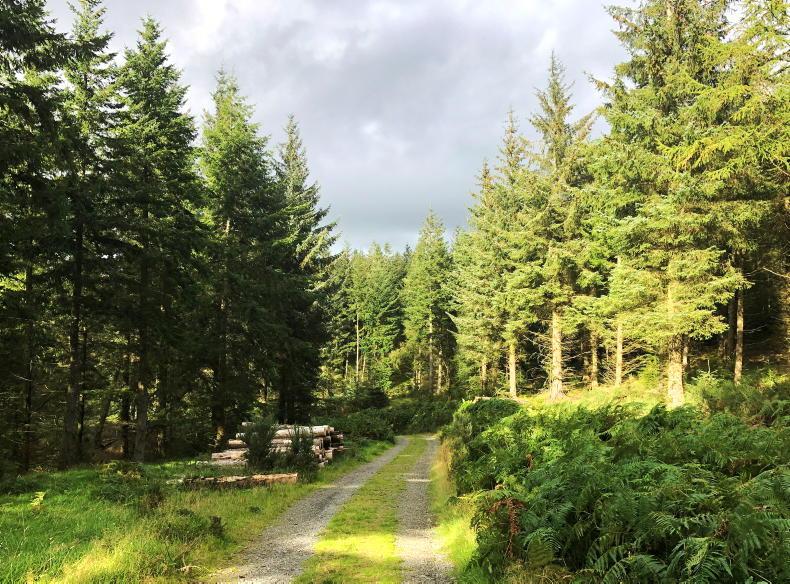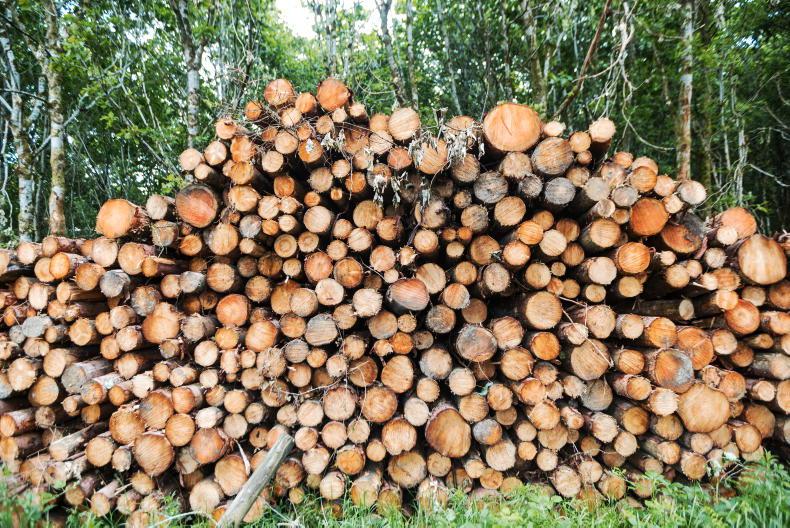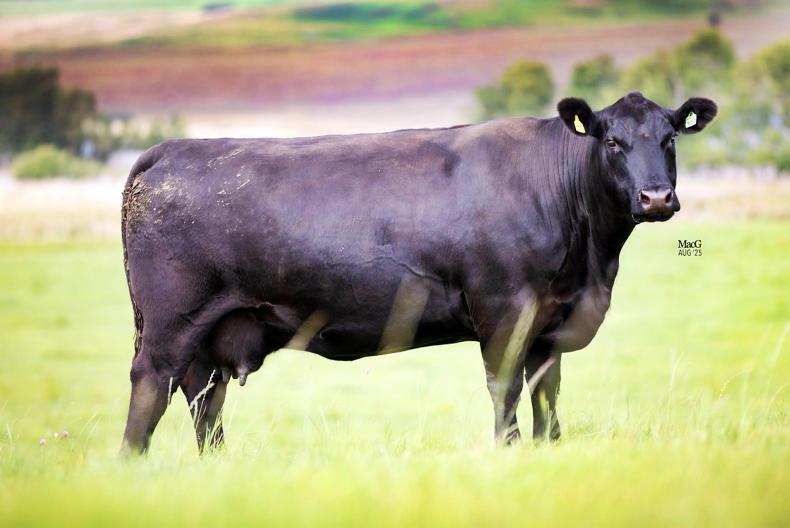The trade of coniferous roundwood from Scotland to Ireland is effectively over due to fears around larch bark beetles.
The decision come after Scottish Forestry informed the Department of Agriculture last week that it cannot guarantee that the Scottish Pest Free Area (PFA) is free from bark beetles and can no longer meet EU phytosanitary import requirements.
Minister for Agriculture Martin Heydon said that it is very important for the future of forestry to maintain this pest freedom status given the economic, environmental and social importance of the sector to Ireland.
“My Department has a clear Plant Health and Biosecurity Strategy in support of our agriculture, horticulture and forestry sectors,” he said.
“Ireland is free of many of the bark beetle forest pests that are found in Europe and in Great Britain.
Pest Free
In August 2024, Department forestry inspectors found larch bark beetles in one of its pheromone traps in Passage West Port in Cork and subsequently coniferous log exports from the Scottish PFA were paused on a precautionary basis.
This was followed by an investigation by Scottish authorities and engagement with Irish and Northern Irish officials.
The Scottish PFA is an area which has been recognised since 2005 as free from a number of bark beetle pests, which are also absent from the island of Ireland.
The Department of Agriculture has informed stakeholders of the developments on the PFA through its Forest Health Stakeholder Group, which met three times in 2024.
Minister of State with responsibility for Forestry Michael Healy-Rae said the cessation of trade in conifers will address the risk of introducing a “harmful and damaging forest pest” into Ireland.
“My officials will continue to survey extensively for Protected Zone bark beetle species and a range of other potentially harmful forest pests throughout the country in 2025.”
Read more
Improvement in land available for afforestation
Continue the pause on Scottish timber imports says IFA
Forest protection is a high priority
Log prices stable for first half of year
The trade of coniferous roundwood from Scotland to Ireland is effectively over due to fears around larch bark beetles.
The decision come after Scottish Forestry informed the Department of Agriculture last week that it cannot guarantee that the Scottish Pest Free Area (PFA) is free from bark beetles and can no longer meet EU phytosanitary import requirements.
Minister for Agriculture Martin Heydon said that it is very important for the future of forestry to maintain this pest freedom status given the economic, environmental and social importance of the sector to Ireland.
“My Department has a clear Plant Health and Biosecurity Strategy in support of our agriculture, horticulture and forestry sectors,” he said.
“Ireland is free of many of the bark beetle forest pests that are found in Europe and in Great Britain.
Pest Free
In August 2024, Department forestry inspectors found larch bark beetles in one of its pheromone traps in Passage West Port in Cork and subsequently coniferous log exports from the Scottish PFA were paused on a precautionary basis.
This was followed by an investigation by Scottish authorities and engagement with Irish and Northern Irish officials.
The Scottish PFA is an area which has been recognised since 2005 as free from a number of bark beetle pests, which are also absent from the island of Ireland.
The Department of Agriculture has informed stakeholders of the developments on the PFA through its Forest Health Stakeholder Group, which met three times in 2024.
Minister of State with responsibility for Forestry Michael Healy-Rae said the cessation of trade in conifers will address the risk of introducing a “harmful and damaging forest pest” into Ireland.
“My officials will continue to survey extensively for Protected Zone bark beetle species and a range of other potentially harmful forest pests throughout the country in 2025.”
Read more
Improvement in land available for afforestation
Continue the pause on Scottish timber imports says IFA
Forest protection is a high priority
Log prices stable for first half of year









SHARING OPTIONS